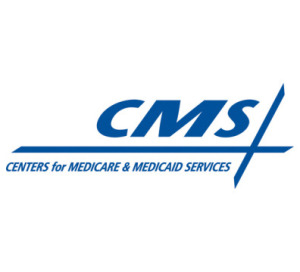by
Heather Mayer, DOTmed News Reporter | June 29, 2010

Preventive health benefits
added to reforms
In an effort to better protect the health of Medicare patients, the Centers for Medicare and Medicaid (CMS) proposed regulations that will, among other significant changes, cover annual wellness visits for patients and no longer make patients pay out of pocket for most preventive services. These provisions are set to go into effect Jan. 1, 2011.
Currently, the Affordable Care Act only covers a one-time initial preventive physical examination, called the "Welcome to Medicare Examination."
Patients will no longer have to pay deductibles or the 20 percent coinsurance for U.S. Preventive Services Task Force-recommended preventive services. The Affordable Care Act also waives the deductible for tests that begin as colorectal cancer screening tests, which then become diagnostic or therapeutic services based on those screening results.
On the doctor side, the regulation issues a 2.2 percent pay increase in lieu of the hotly debated 21.3 percent pay cuts, which will now be frozen until the end of November. But if there is no congressional action, physicians will see nearly a 30 percent pay cut in January, which includes an additional 6 percent pay cut under the sustainable growth rate (SGR) formula, projected by the proposed rule.
"Congress is playing a dangerous game of Russian roulette with seniors' health care," Dr. Cecil Wilson, president of the American Medical Association (AMA) said in prepared remarks.
But there is some good news for physicians. The new rule increases payment for two dual-energy X-ray absorptiometry (DXA) tests for measuring bone density. And there is an opportunity for financial reimbursement for primary care physicians -- primary care defined as a primary specialty designation of family, internal, geriatric or pediatric medicine, including nurse practitioners, clinical nurse specialists and physician assistants, or for those doctors whose primary care services account for at least 60 percent of the physician's allowed charges.
The new rule also amends the in-office ancillary services exception to the self-referral law, with regard to MRI, CT and PET. The amendment requires that physicians disclose to a patient, in writing at the time of the referral, that there are other suppliers of those imaging services, including a list of other suppliers in the area. This amendment is to cut down on the practice of self-referral, which is seen to promote over-testing.
CMS has a comment period until Aug. 24, and the final rule will be issued on or near Nov. 1.
The Department of Health and Human Services (HHS) applauds CMS' action to promote primary care. HHS recently announced the allocation of $500 million to invest in the training and development of
primary care professionals as well as preventive care activities and
public health infrastructure.
